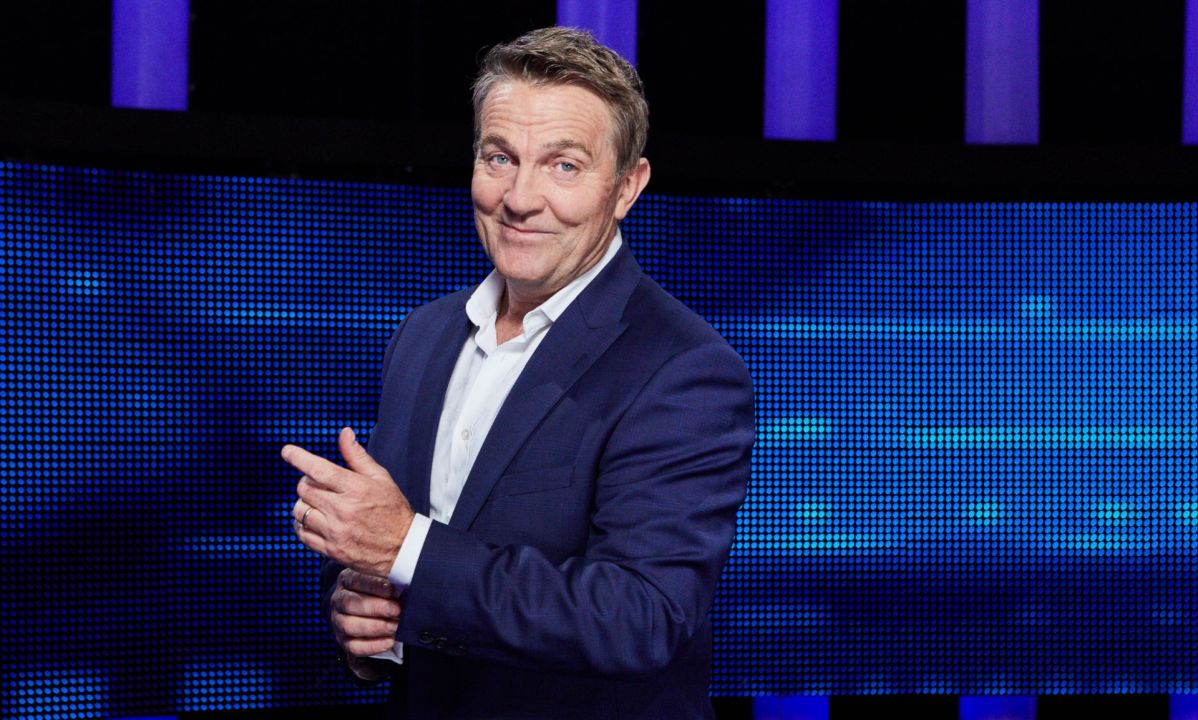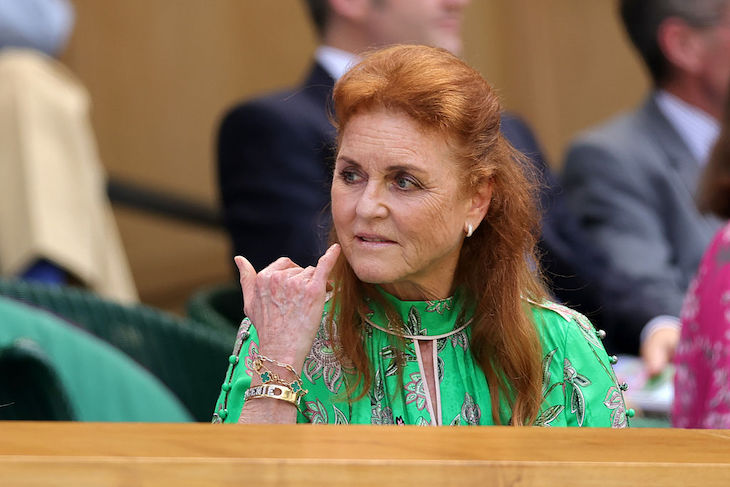Quiz shows on TV – the kind you can join in with at home by shouting the answer at the screen, rather than panel games or tests of skill – seem to be surging with renewed popularity. At its peak last year, Pointless drew in over 7 million viewers, while The Chase averages 3 million viewers an episode and as recently as last week 3.8 million people tuned in to watch The Weakest Link.
Although they’ve been an embedded fixture of television since its inception, quizzes with at least a component of general knowledge involved are taking up more and more of the schedules. A time-travelling viewer from the 70s and 80s would be surprised to discover that pre-watershed comedy or serious discussion programmes had all but vanished in the 2020s, but quiz shows – light and ephemeral – have remained intact.
Revivals of old quiz brands are now heading our way, with Freddie Flintoff helming darts contest Bullseye and Holly Willoughby fronting You Bet! This is on top of the staples – The Chase, Pointless, The Weakest Link – that have sat squarely in the daytime schedule for years.
Quiz shows do not lecture us, or try to change us, or scream in our faces
Why do quizzes remain so popular, when so many other TV formats that we thought would endure forever have curled up and died? I think it’s because it’s really incredibly hard to tamper with their basics.
We live in an age where so many of our passing frivolities have been soured: nearly all comedies are niche, dark and late-night, formerly daft escapist fare like James Bond, sci-fi and superheroes comes weighted with pretended significance, kids’ TV is siloed and neither seen nor heard. But you just can’t muck about with quizzing.
You can raise the stakes and up the tension, but the essential conviviality and congeniality of the quiz remains. (Even the abrasiveness of The Weakest Link in its Robinsonian heyday was all in fun.) Adding celebrities to the mix was a novelty at first, but in our isolated and atomised world there are increasingly fewer people that count as genuine celebs known to everybody, and most of them are from the last century. The cry that goes up every year on Celebrity Mastermind, from young and old alike, is ‘I’ve never heard of any of them’.
There are many varieties of format bells and whistles, gambles, lifelines and strategies, but the strong survivors of the quiz genre almost all boil down to the asking and answering of general knowledge questions that people at home might stand a chance of knowing. You can’t tamper with that or you won’t have a show. So the ideological rot which has infected much of the rest of television can’t really worm its way in.
There is also something incredibly and accidentally reassuring about the contestants on quiz shows. They are the last normal people left standing in television. Ordinary people were once the backbone of TV of old. Look at almost any British sitcom or drama made before about 2010, and they are packed full of the everyday folk. It was a truism of British TV that even slightly strange people were a turnoff for viewers, who couldn’t relate to them. I had to fight tooth and nail to put a slightly odd character into Emmerdale in 1998. Nowadays almost everybody on TV is peculiar in some way, even in the soaps. This was intended to lead us into a utopia of inclusivity and social harmony, but as you may have noticed, it hasn’t.
Growing up, I used to find the introductory chats between host and contestants on quizzes incredibly tedious. Derek Batey on Mr and Mrs seemed to take up half the show schmoozing with very dull people, egging them on to repeat their boring histories – ‘Have you come far? Any kiddies? I believe something funny happened to you one day at the opticians, now do tell us about it’ etc. Even in the hands of quick fire comics as hosts, Bob Monkhouse or Ted Rogers, these intros were excruciating. When I first visited America I was surprised and relieved to discover that these formalities were purely a British thing. In the States, you meet Stephanie from Dayton, Ohio and that’s it, whizz bang, she’s already spinning the wheel.
But nowadays such intros are a welcome check-in with reality. Bradley Walsh’s little chats with contestants on The Chase are a reminder that ordinary people still exist in large numbers. In a TV world committed to sob stories, to emphasising difference and ‘celebrating’ non-binary asexuals, to shunting minorities about like chess pieces – oh, the sheer blessed relief of encountering a roofer called Pete from Hull, or Carol who’s a receptionist in Mansfield.
Quiz shows are the final cultural territory where we still find the unspectacular, the casually friendly, the harmless enjoyment of passing time. They do not lecture us, or try to change us, or scream in our faces. The rest of television could and should learn from that.









Comments